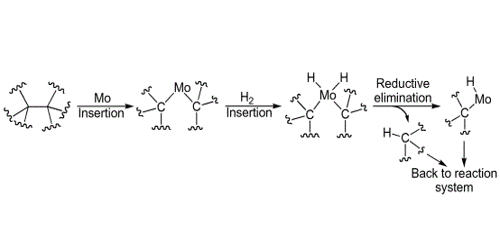A wealth tax is a tax levied on the market value of a taxpayer’s assets. It is a tax on an entity’s asset holdings. The tax is usually levied on a person’s net worth, which is defined as assets minus liabilities. Personal assets include cash, bank deposits, real estate, assets in insurance and pension plans, ownership of unincorporated businesses, financial securities, and personal trusts (a one-off levy on wealth is a capital levy). Although many developed countries choose to tax wealth, the United States has traditionally relied on annual income taxation to raise revenue. Liabilities (primarily mortgages and other loans) are typically deducted from an individual’s wealth, giving rise to the term “net wealth tax.”
A wealth tax is levied on the net fair market value of a taxpayer’s assets, which may include cash, bank deposits, shares, fixed assets, personal cars, real estate, pension plans, money funds, owner-occupied housing, and trusts. A wealth tax can take the form of an ad valorem tax on real estate or an intangible tax on financial assets. In general, countries that impose wealth taxes also impose income and other taxes.
In 2017, five of the 36 OECD countries had a personal wealth tax (in 1990 there were 12 countries). One of its objectives is to reduce individual wealth accumulation. A wealth tax is not imposed in every country. France, Portugal, and Spain are examples, but Austria, Denmark, Finland, Germany, Iceland, Luxembourg, and Sweden have recently abolished it. The federal and state governments in the United States do not levy wealth taxes.
A wealth tax, in effect, affects the net value of assets accumulated over time and owned by a taxpayer at the end of each tax year. An income tax affects the flow of value additions realized by a taxpayer, whether as earnings, investment returns such as interest, dividends, or rents, and/or profits on asset disposition during the year.
A wealth tax acts as a negative reinforcer (“use it or lose it”), incentivizing productive asset use (rather than letting assets accumulate without being used). Wealth tax applied to specified assets such as buildings or land (with certain exceptions), vehicles, jewelry, bullion, yachts, boats, and aircraft (other than those used for commercial purposes), urban land, and cash in hand in excess of a certain amount. A net wealth tax deducted liabilities, primarily mortgages and other loans, from an individual’s wealth.
Professors David Shakow and Reed Shuldiner of the University of Pennsylvania Law School believe that “A wealth tax levies a tax on capital that is not put to productive use. As a result, a wealth tax can be thought of as a tax on potential capital income.” To improve administrability and the effectiveness of enforcement efforts, net wealth taxes can supplement rather than replace gift taxes, capital gains taxes, and inheritance taxes.
A wealth tax would be similar to property taxes in that you would owe the tax on the market value of your home each year. The wealth tax, on the other hand, would apply to all property, including real estate, cash, investments, business ownership, and other assets, less any debts you owe. When it comes to asset types, a wealth tax does not have to be indiscriminate. A government may decide to exempt certain asset types in order to encourage certain behaviors. For example, it may decide that business assets do not count in order to encourage entrepreneurship. Finally, the structure of a wealth tax is determined by how a country drafts the legislation.
















